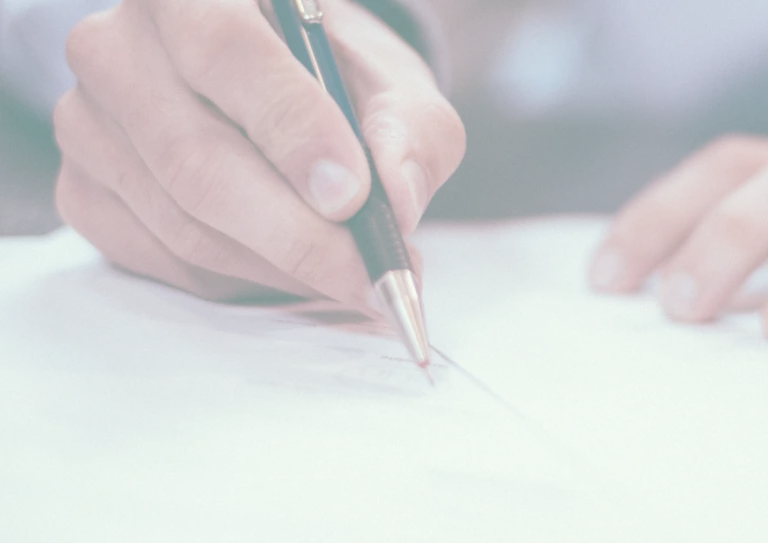Filing for bankruptcy is not an easy decision. For many, it’s a last resort to help them get ahead of their financial challenges. However, even if you decide that bankruptcy is right for you and your family, you may not fully grasp what this process entails. For these reasons, in the below blog post, we will go over what happens when you file for bankruptcy in Georgia.

Should You File Chapter 7 or Chapter 13 Bankruptcy?
Once you decide to file for bankruptcy in Georgia, you still need to make a decision regarding what type of bankruptcy you need to file.
Chapter 7 Bankruptcy
This type of bankruptcy is sometimes referred to as “liquidation” bankruptcy because whatever assets or property you have that are not covered by some sort of exemption must be either solid or turned over to a trustee. Following the sale of these assets, the proceeds will be used to pay your creditors.
There are also strict qualifications that individuals need to meet before they can proceed with Chapter 7. As a result, if you are thinking about filing Chapter 7 bankruptcy but want to know whether you qualify or which of your assets are exempt from sale, consider discussing your situation with an experienced Georgia bankruptcy attorney as soon as possible.
Chapter 13 Bankruptcy
Chapter 13 bankruptcy, on the other hand, is typically for those that make too much money to qualify for Chapter 7 bankruptcy. Furthermore, under Chapter 13, the debts will not immediately be discharged. Rather, the person seeking bankruptcy will have to develop a three to five-year payment plan that will be approved by a judge to help pay a percentage of their debts. At the end of the plan, the remaining debts will be discharged.
With a Chapter 13 bankruptcy, you must also meet certain requirements to qualify. That is why, if you want to know whether this option is right for you, consider discussing it with a knowledgeable Georgia bankruptcy attorney who can help you determine your next legal steps.
Determine Whether Filing for Bankruptcy in Georgia Will Erase All Your Debts
In general, bankruptcy will help wipe out many of your bills, such as medical bills, personal loans, credit card balances, and overdue utility payments. It may even help get rid of an automobile payment or a mortgage payment. However, you will have to be willing to get rid of your property.
Yet, it is important to note that you cannot discharge all your debts. Numerous nondischargeable debts, such as child support or student loans, will not go away, even if you file for bankruptcy. As a result, before filing for bankruptcy, you will want to verify which debts will be discharged to ensure that the process is worth it.
How Can a Georgia Bankruptcy Lawyer Help You?
If you are considering filing for bankruptcy in Georgia but want to go over your options and better understand the process, contact the Law Firm of Duncan & Brow today by filling out a form online or call us at 706-755-2928 to schedule a free case consultation.


